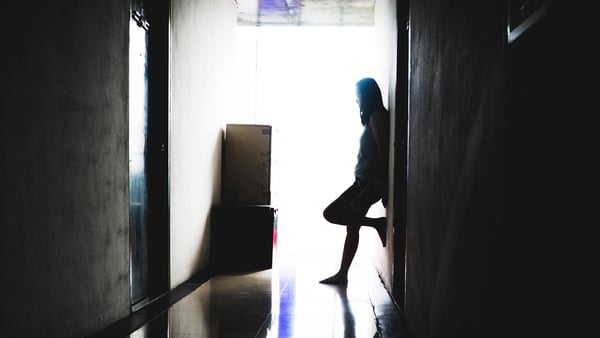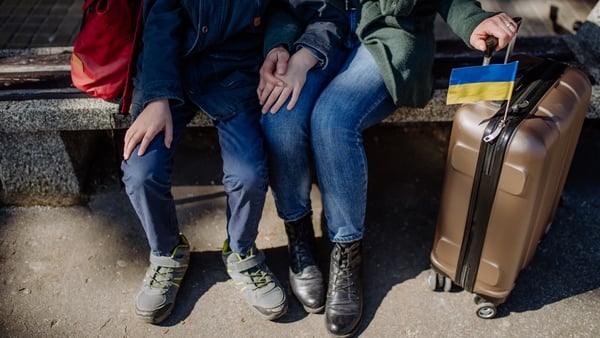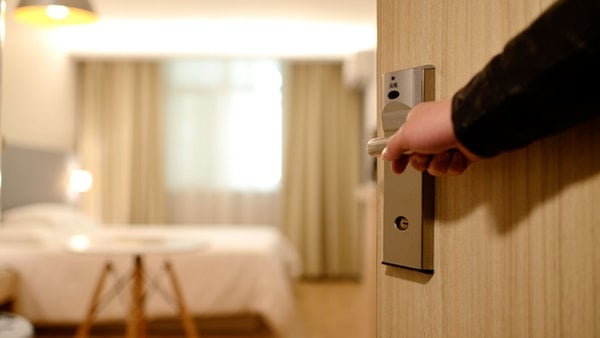A website for gambling addicts who are seeking help says traffic has increased on the site by 46% during the pandemic.
Problemgambling.ie says lockdowns have led to many people to move from traditional sports betting, to slot machines and poker online.
Barry Grant who runs the website is an addiction counsellor.
Last year, the first lockdown began in Ireland following the Cheltenham festival.
Unusually, the website went quiet. There was "tumbleweed" which he describes as "bizarre".
Then, traffic on the site began to pick up again.
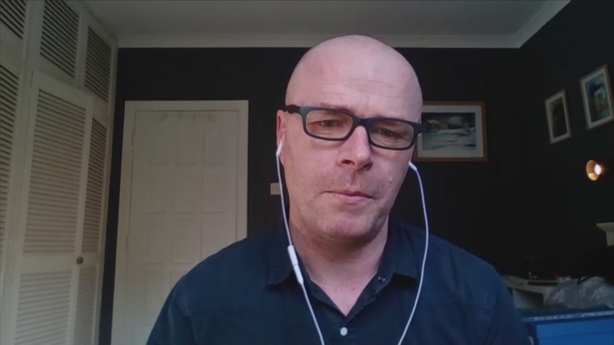
People who would have traditionally gambled on sports - many of which had been cancelled - had moved to online poker and slots.
"If you are moving from sports to the casino side of things, that can be really dangerous because it's a totally different ball game with a higher intensity and a lot of people get into trouble when they move from sports betting to casino betting."
"Boredom was a factor," he says, "a lot of people were laid off work or on PUP payments".
He says people started experimenting with placing bets elsewhere.
Unlike alcohol or drug addictions, gambling does not challenge the physical toleration of the body.
However, people who contact problemgambling.ie are in severe crisis.
"They've missed a lot of mortgage payments, they might owe money to money lenders, they might have maxed out on credit cards, they could have stolen from their employer, about one in five people with gambling addictions will steal from their employer."
The wake-up call can often be a crisis point where a partner is threatening to kick the person out of the house.
Barry Grant says he'd encourage people to get help earlier than crisis point.
"Nobody wakes up and starts out day one with a flutter and ends up a gambling addict, that just doesn't happen anymore than someone becoming addicted to alcohol with their first drink," he says.
Eoin Coyne sought help for his gambling addiction seven years ago.
Placing bets consumed his thoughts and actions from the moment he woke in the morning, until the last thing at night.
"In the shower I was thinking about what I was going to bet on, going to bed at night I'd be thinking about the next day, thinking about the day that had just been, how much I had won, how much I had lost."
Eoin mainly placed his bets in shops, but online betting was beginning to take off on smart phones and he was moving in that direction.
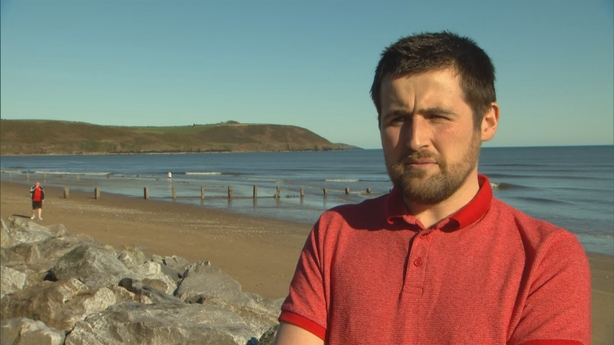
It was time to sort things out.
"I just didn't have the capacity to put up with what I was doing."
Access to smart phones and devices is attributed to a rise in the number of younger people betting online, particularly teenage boys.
A European School Survey conducted in 2019 found that 10% of the Irish population were excessive gamblers, and just over 5% were problem gamblers.
Excessive gambling amongst teenage boys was 14%, less than half that number of girls were found to excessively gamble (4.5%).
It found that problem gambling amongst Irish boys was 7.6% and 2.8% for girls.
Barry Grant expects an increase in those figures due to restrictions around Covid-19.
"There are loads of online payment platforms so there are a lot of ways for a young person to get started gambling online, we're all stuck on screens all day every day, so I'd be surprised if we didn't see an increase," he says.
There have been calls for a Gambling Regulator in Ireland for some time now. It is also part of the Programme for Government.
In a statement, the Department of Justice has said work is under way on the development of legislation to develop "the necessary modern licencing and regulatory provisions for the gambling industry".
It says Minister James Browne hopes to bring proposals to Government this year.
It adds that it is intended to publish the General Scheme of this bill and to finalise the appointment of Director/CEO designate for the new statutory gambling regulator this year.



